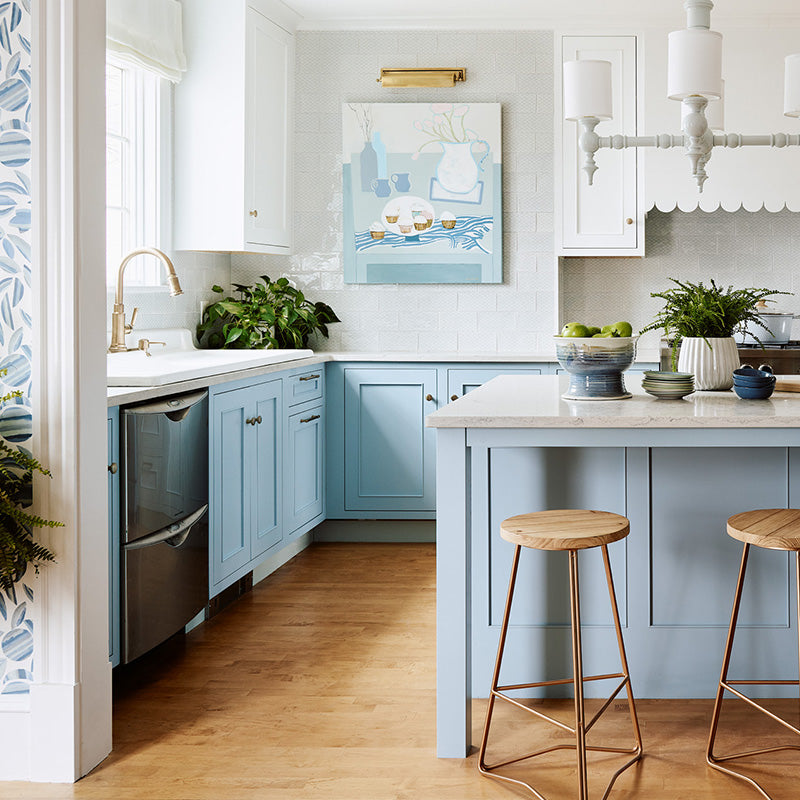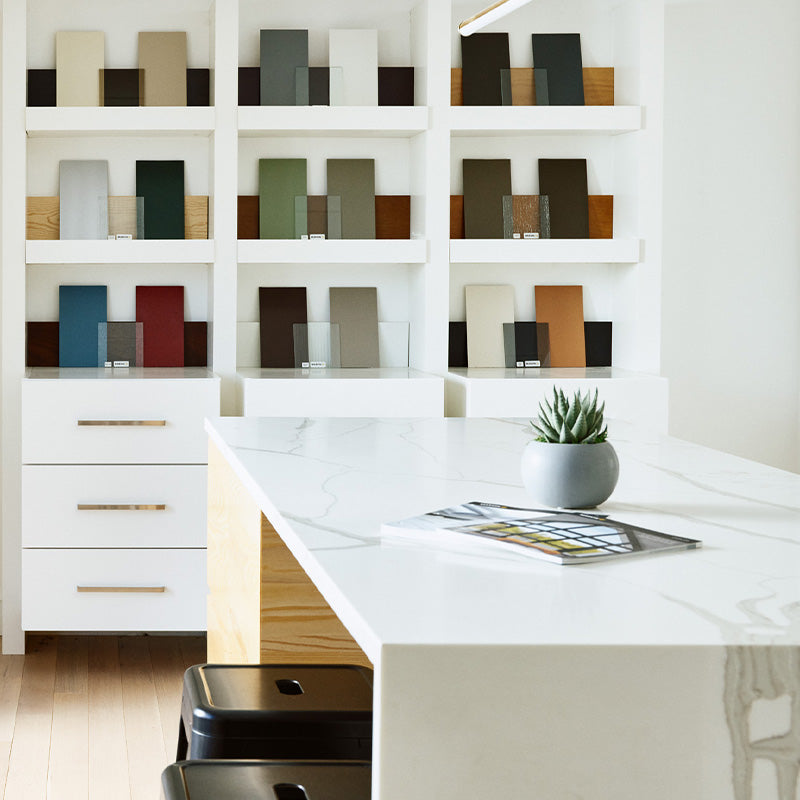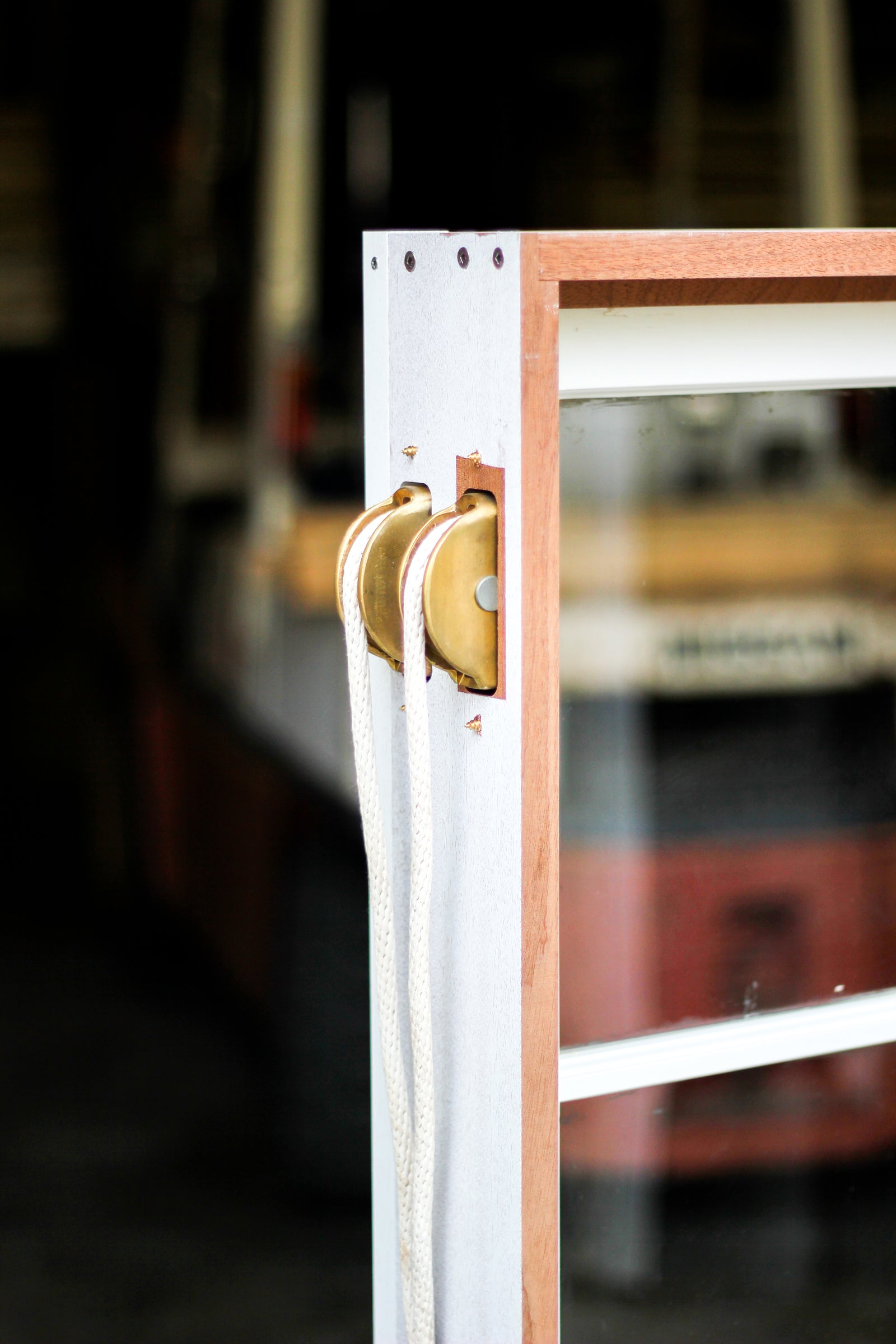Products
Projects
Resources

Engineered Quartz Countertops
September 29, 2015
The countertop where nature and man combine forces, engineered quartz is a combination of quartz and flexible resins. The strength of granite but more forgiving on your glassware and cutlery, this could be your ideal kitchen surface.
What is engineered quartz?
Engineered quartz (not to be confused with Quartzite, a natural stone also used as counters) is a composite of 90-94% quartz and 6-10% plastic resins. Quartz has a natural strength that lends itself to a state naturally resistant to scratches, dents and acids even in it’s fabricated form. With no need for sealants, this is an environmentally friendly option that is nontoxic and nonallergenic.
Slabs are produced in sizes that differ between manufacturer. These are the fabricated into your projects specifications and installed in pieces. This process does create seams in your counters, but the overall color and texture is more consistent than natural stone.
Colors & Patterns
One of the appealing features of engineered quartz is its wide variety of colors, patterns, and textures. The range of different options is continuously expanding, spurred on by competition between brands. Note that the color and texture of engineered quartz are more consistent than natural stone—to some this uniformity is an appealing feature and to others it's a drawback.
Colors: The palette ranges from bright whites (one of the most popular options, an excellent alternative to marble) to reds and blacks.
Patterning: The texture of these slabs is determined by how the quartz is ground. Coarsely ground quartz produces a flecked texture, while finely ground quartz creates a smoother pattern. Manufacturers have even been able to mimic natural stones such as marble, granite and cement.
Finishes: Slabs can be polished, honed/matte, and textured surfaces.

Where?
Cleaning & Maintenance
Engineered quartz counters are easy to maintain with warm water & soap. For more intense cleanings, you can use nonabrasive household cleaners, such as Soft Scrub. Avoid using abrasive cleaners as they will dull the surface. Honed finishes show finger prints more often than other finishes and may ask for more frequent cleaning, but no ongoing maintenance is required for any finish.
| Pros | Cons |
| Consistent in color and texture | Lacks variations in patterning and veining |
| Stain, scratch, and acid-abrasion resistant | Visible seams |
| No sealing required | Not as heat resistant as stone; trivets are a must |
| Won't chip and or crack | Not recommended for outdoor use |
| Resistant to bacteria growth, nonporous | Cannot be used as flooring over radiant heat |
Subscribe Today!
Our goal is to provide you with as much information as possible. Our newsletter is full of tips, inspiration and featured projects. We promise to only send you interesting things and never share your email with anyone else.








